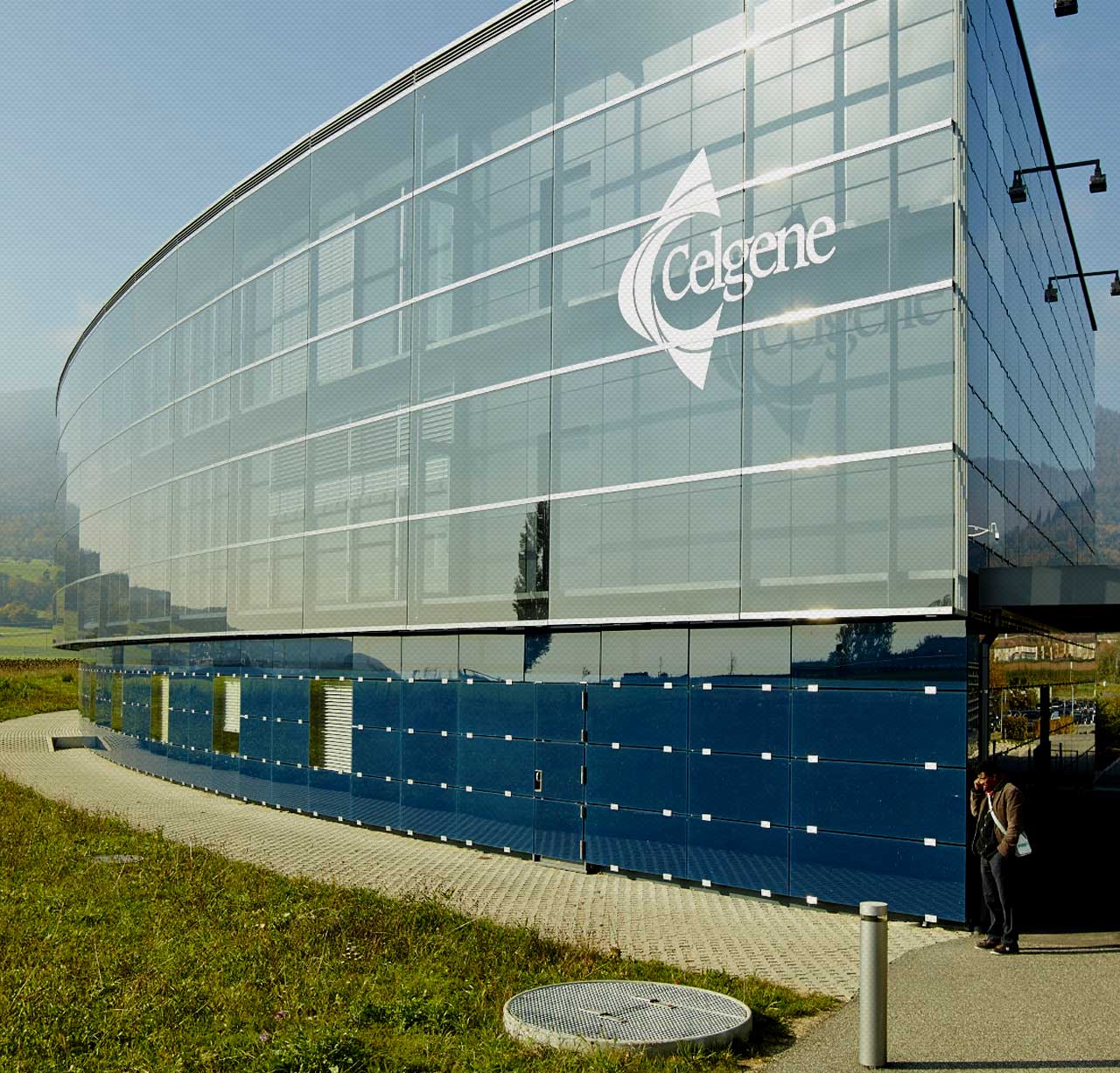Celgene Enters Strategic Collaboration With Nimbus Therapeutics
New Jersey-based Celgene has now established a long-term strategic alliance with Private biotech Nimbus Therapeutics for two pre-clinical assets, setting Celgene up to compete with Bristol-Myers Squibb & Co. in the space.
Nimbus is a firm that uses computer analysis to identify and develop therapies for autoimmune diseases like lupus. The deal will include two Nimbus preclinical programs, Tyk2 (tyrosine kinase 2) and the STING (stimulator of interferon genes) antagonist program. Both of the programs are related to autoimmune disorders that include rheumatoid arthritis, lupus, Crohn’s disease, psoriasis and multiple sclerosis.
Under the terms of the agreement, Nimbus will receive an upfront payment and potential downstream milestone payments for each program Celgene chooses to acquire. Nimbus will retain full control of research and development activities for each program prior to the program’s option point. Financial terms will remain undisclosed until Celgene acquires a program.
The most advanced program is a highly selective inhibitor of Tyk2, an immunokinase of the JAK family, which plays a central role in the inflammatory response (triggering IL-23, IL-12, and Type-I interferon). Human genetics, including both loss- and gain-of-function changes, validate Tyk2 as perhaps the most critical JAK family member to attenuate
in many major autoimmune diseases. Given Tyk2’s proximal role in regulating both Th17 and Th1 responses, the target is one of the most sought after by immunology R&D groups. BMS has a competing Tyk2 program in early clinical development. The figure below illustrates why a safe, well-tolerated oral Tyk2 inhibitor has enormous potential: It would not only replicate the efficacy of multiple blockbuster mAbs but also explore a large number of other autoimmune diseases beyond psoriasis and RA.Another program in this alliance with Celgene is a small molecule, non-nucleotide antagonist of STING, a pattern recognition receptor in innate immune responses. In I/O today, STING agonists are believed to be of value in turning up the immune response to tumors; this antagonist program is aimed at doing the opposite to turn down inflammation in the context of autoimmunity, and STING activation has been implicated in the pathogenesis of diseases like lupus.
“Celgene is committed to the continued growth of our expanding immunology and inflammation pipeline, and believes that the Nimbus immunology programs, including their efforts on Tyk2 and STING antagonists, represent important additions as we work to create the next generation of drug candidates for patients with autoimmune disorders,” said Rupert Vessey, F.R.C.P., D.Phil., Executive Vice President and President, Global Research and Early Development, of Celgene.
Robert Plenge, M.D., Ph.D., Vice President, Research and Early Development, and Head, Inflammation and Immunology Thematic Center of Excellence, of Celgene, added, “We are excited about the potential of the Nimbus immunology targets, which are based on compelling human genetic data. Moreover, Nimbus’ robust in silico-based approach is very promising.”
“We are thrilled to partner with Celgene and its world-renowned inflammation and immunology team to fuel the rapid advancement of these important potential therapeutic programs for patients,” said Donald Nicholson, Ph.D., Chief Executive Officer of Nimbus. “In addition, our agreement with Celgene accelerates our growth as a company back into the clinic, while also expanding the breadth of our pipeline.“






























